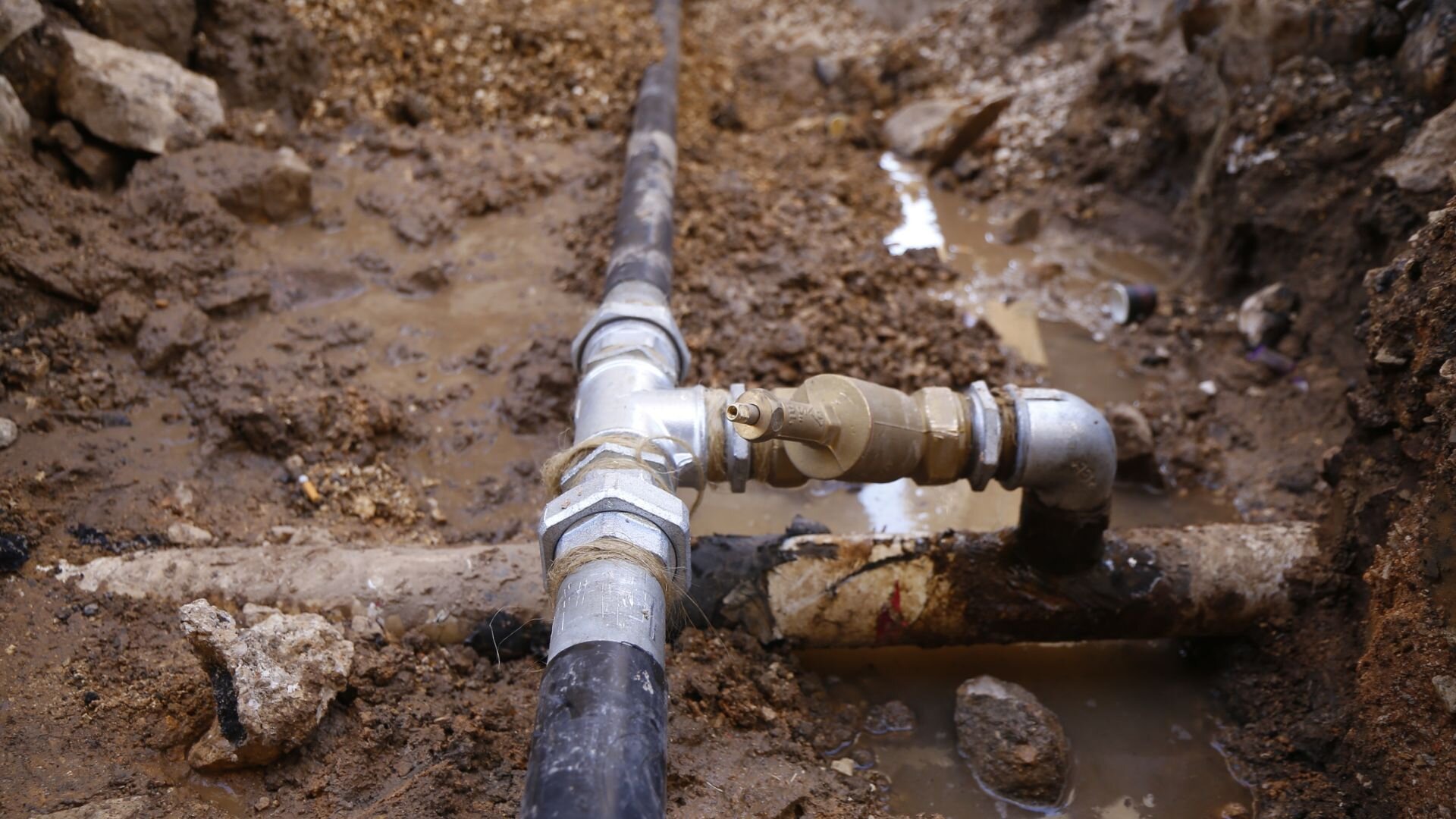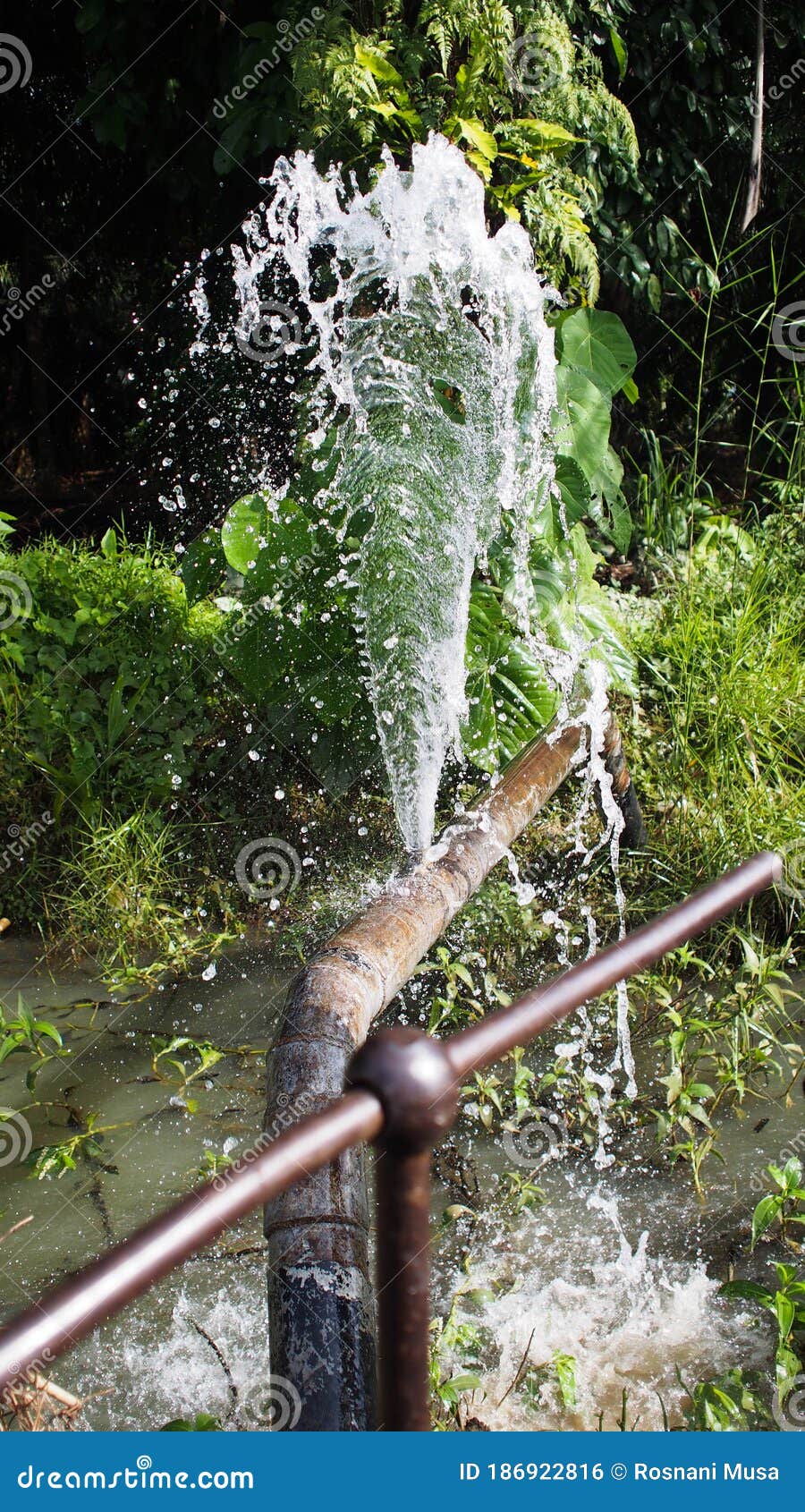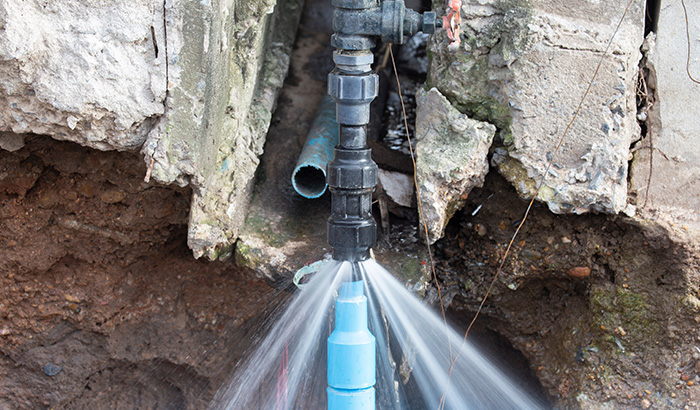Stopping Ruptured Water Lines: Crucial Tips to Protect Your Plumbing
Preventing ruptured pipelines is an essential issue for home owners, specifically throughout chillier months when the risk of freezing is heightened. Executing strategic steps such as correct insulation, routine evaluations, and preserving consistent indoor temperature levels can dramatically reduce the probability of pipe failing. Furthermore, understanding emergency situation procedures outfits house owners to respond swiftly to prospective pipes concerns. Numerous are unaware of the particular susceptabilities that their pipelines may encounter. Checking out these vulnerabilities can provide very useful understandings into safeguarding your pipes system successfully.
Understand Pipe Vulnerabilities
Recognizing pipeline susceptabilities is vital for efficient pipes upkeep and avoiding pricey damages. Several variables add to the sensitivity of pipes to bursts, including material composition, age, and environmental problems. Older pipelines, especially those made from galvanized steel or polybutylene, typically deteriorate gradually, resulting in boosted risk of leakages and ruptures.
Temperature variations can likewise considerably effect pipe integrity. In colder environments, water trapped in pipes can freeze, broadening and applying pressure on the pipe wall surfaces, which might ultimately bring about a ruptured. High water pressure can stress pipes, particularly at joints and bends, heightening the chance of failing.

Insulate Water Lines Appropriately
Appropriate insulation of pipelines is important for preventing freezing and succeeding ruptureds throughout winter (burst pipe). Insulating your plumbing system successfully safeguards versus temperature level drops that can cause pricey damage. Begin by determining at risk locations where pipes are subjected to exterior temperature levels, such as cellars, attic rooms, and outside walls
Use foam pipeline insulation sleeves or cover insulation tape around these locations to offer a protective obstacle. Ensure that all sections of the pipelines, especially those with minimal warm exposure, get adequate insulation. Pay unique attention to installations and joints, as these are extra prone to cold.
When shielding, it's vital to choose products that satisfy neighborhood building codes and are ideal for the certain setting. For example, fiberglass insulation is typically advised for its thermal resistance residential or commercial properties - burst pipe. In addition, take into consideration utilizing warmth cables or tape in severe conditions, which can be connected in to offer additional warmth
Consistently check protected pipelines for any indications of wear or damage, as compromised insulation can decrease its efficiency. By taking these aggressive actions, you dramatically minimize the threat of pipe bursts, making certain a dependable plumbing system throughout the winter months.
Maintain Regular Temperature
A secure interior temperature is vital for protecting against ruptured pipes during the cold months. When temperature levels drop, water within pipelines can freeze, broadening and producing stress that might eventually trigger the pipelines to burst. To minimize this threat, house owners ought to keep a consistent temperature throughout their living room, preferably no less than 55 ° F(13 ° C)Making use of a programmable thermostat can help manage interior temperatures effectively, making certain that areas with pipes stay warm also when the house is vacant. Pay unique focus to areas that are more vulnerable to chilly, such as attic rooms, garages, and cellars. Keeping cupboard doors open under sinks can also permit warmer air from the home to flow around plumbing.
This minor circulation of water can protect against freezing by easing stress within the pipes. By visit this page carrying out these methods, house owners can dramatically reduce the threat of pipe bursts and protect their pipes systems against the harsh winter components.
Regularly Evaluate Pipes
Regular inspections of plumbing systems are vital for protecting against ruptured pipes and preserving total home honesty. Routine checks permit house owners to identify potential issues prior to they intensify into costly repair services or significant water damage. During these examinations, it is vital to analyze visible pipes for indications of corrosion, leaks, or put on. Pay special focus to locations vulnerable to freezing, such as basements, attic rooms, and exterior walls.
Furthermore, inspecting joints and connections is crucial, as these factors are often prone to leaks. House owners must additionally assess water stress levels, as extreme pressure can stress the plumbing system and raise the risk of pipeline bursts.
Take into consideration scheduling professional pipes examinations at least as soon as a year, especially prior to winter, to ensure your system is prepared for cooler temperatures. Routine assessments not just assist in identifying instant concerns but also foster long-lasting upkeep techniques that can improve the life-span of your pipes system. By being aggressive in your technique, you can guard your home against the disruptive and pricey repercussions of ruptured pipes. Prioritizing pipes inspections is a financial investment in your house's health and wellness and safety and security.
Know Emergency Procedures
Comprehending emergency procedures is crucial for each homeowner, particularly after conducting routine plumbing examinations. Being gotten ready for a pipes emergency situation can considerably alleviate damages and conserve costs. First, find your primary water shut-off valve; it is commonly discovered near the water meter or where the main line enters your home. Acquaint on your own with its burst pipe procedure, as turning off the water system rapidly can stop comprehensive flooding.
Following, keep crucial devices helpful. A pipes emergency situation kit should consist of a wrench, bettor, and towels, along with a flashlight and a bucket for small leakages. Furthermore, consider having the contact info for a trusted plumbing conveniently available, ought to the situation escalate past your control.
If you spot a leak or burst pipeline, immediately transform off the water system and inform your plumbing technician. Document the damage with photos for insurance policy functions. Be mindful of the indicators of possible pipes concerns, such as unusual water pressure variations or damp spots on walls
Eventually, positive knowledge and swift action are essential in taking care of plumbing emergency situations, guaranteeing your home remains secured and minimizing potential damage.

Verdict
Finally, avoiding burst pipes visit the site requires a diverse approach that consists of understanding pipeline susceptabilities, correct insulation, preserving regular interior temperatures, regular assessments, and understanding of emergency procedures. By executing these vital strategies, the threat of pipes failings can be dramatically minimized, thus ensuring the long life and effectiveness of the plumbing system. Proactive actions not just protect against possible damages however likewise add to overall water conservation and the protection of residential or commercial property.
In chillier climates, water caught in pipes can ice up, increasing and putting in pressure on the pipe wall surfaces, which may eventually lead to a burst. When temperature levels decrease, water within pipes can freeze, creating and increasing stress that may eventually cause the pipelines to ruptured. By executing these strategies, house owners can dramatically decrease the threat of pipeline bursts and safeguard their pipes systems against the harsh winter aspects.
